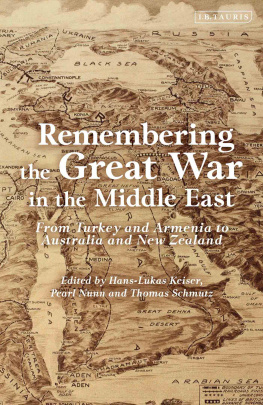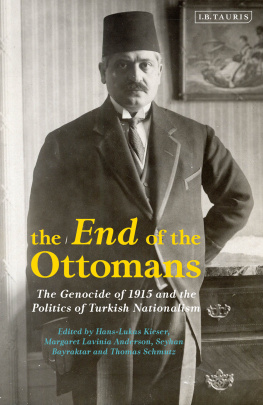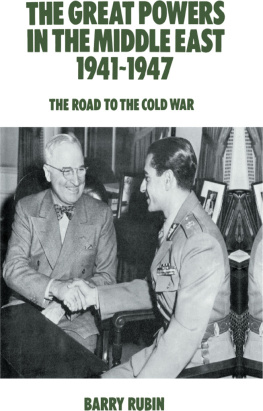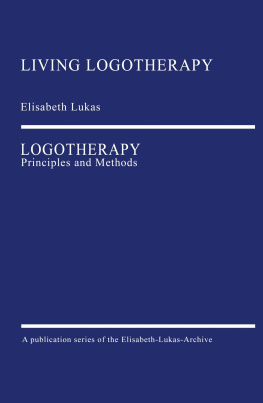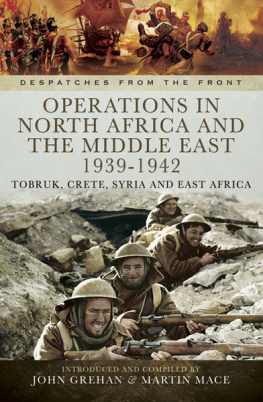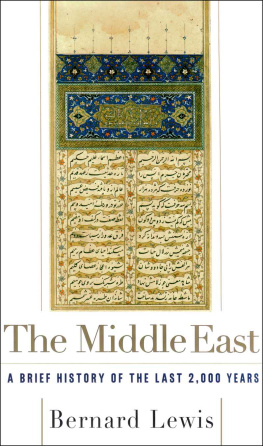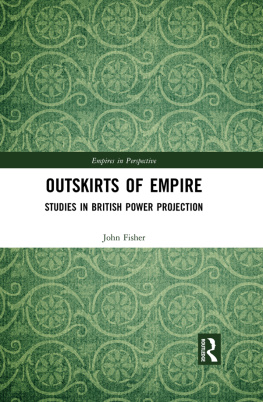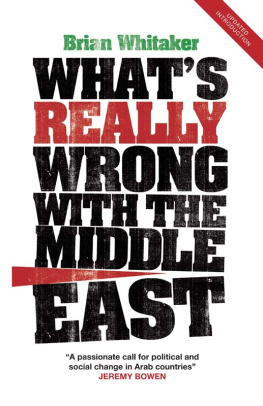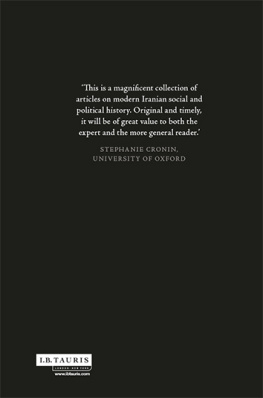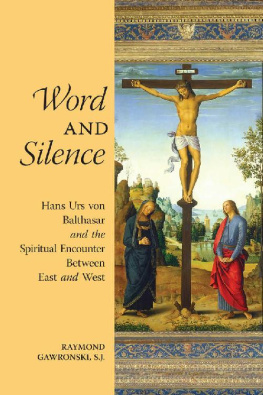Hans-Lukas Kieser - Remembering the Great War in the Middle East
Here you can read online Hans-Lukas Kieser - Remembering the Great War in the Middle East full text of the book (entire story) in english for free. Download pdf and epub, get meaning, cover and reviews about this ebook. year: 2021, publisher: Bloomsbury Publishing, genre: Politics. Description of the work, (preface) as well as reviews are available. Best literature library LitArk.com created for fans of good reading and offers a wide selection of genres:
Romance novel
Science fiction
Adventure
Detective
Science
History
Home and family
Prose
Art
Politics
Computer
Non-fiction
Religion
Business
Children
Humor
Choose a favorite category and find really read worthwhile books. Enjoy immersion in the world of imagination, feel the emotions of the characters or learn something new for yourself, make an fascinating discovery.
- Book:Remembering the Great War in the Middle East
- Author:
- Publisher:Bloomsbury Publishing
- Genre:
- Year:2021
- Rating:5 / 5
- Favourites:Add to favourites
- Your mark:
- 100
- 1
- 2
- 3
- 4
- 5
Remembering the Great War in the Middle East: summary, description and annotation
We offer to read an annotation, description, summary or preface (depends on what the author of the book "Remembering the Great War in the Middle East" wrote himself). If you haven't found the necessary information about the book — write in the comments, we will try to find it.
Remembering the Great War in the Middle East — read online for free the complete book (whole text) full work
Below is the text of the book, divided by pages. System saving the place of the last page read, allows you to conveniently read the book "Remembering the Great War in the Middle East" online for free, without having to search again every time where you left off. Put a bookmark, and you can go to the page where you finished reading at any time.
Font size:
Interval:
Bookmark:
in the Middle East

- Introduction Hans-Lukas Kieser, Pearl Nunn, Thomas Schmutz
- 1 Turkish History Writing of the Great War: Facing Ottoman Legacy, Mass Violence and Dissent Alexandre Toumarkine
- 2 National Remembrance and Anzac Day in Australia and New Zealand, 19162015 Rowan Light
- 3 April 24. Formation, Development and Current State of the Armenian Genocide Victims Remembrance Day Harutyun Marutyan
- 4 Unremembering Gallipoli: A Complex History of World War I Memorialization and Historical Remembrance in Turkey Erol Krolu
- 5 Official and Individual Lenses of the Remembrance of the First World War: Turkish Official Military Histories and Personal War Narratives Mesut Uyar
- 6 National Narratives Challenged: Ottoman Wartime Correspondence on Palestine Yuval Ben-Bassat, Dotan Halevy
- 7 From Unspeakable to Honourable: The Great War and Australian Narratives of the Turks Kate Ariotti
- 8 Strong and friendly bonds out of shared tragedy? The Gallipoli / Canakkale battles in Canberras City Planning and Architecture of Memory Daniel Marc Segesser
- 9 Gallipoli in Diasporic Memories of Sikhs and Turks Burcu Cevik-Compiegne
- 10 To Have and to Hold: Chunuk Bair and the Foundations of New Zealands Gallipoli Imagining Bruce Scates
- 11 New Zealand and the Armenian Genocide: Myths, Memory and Lost History Maria Armoudian, James Robins, V.K.G. Woodman
- 12 Can the Survivor Speak? Talin Suciyan
- Afterword Peter Stanley
- i
- iii
- v
Font size:
Interval:
Bookmark:
Similar books «Remembering the Great War in the Middle East»
Look at similar books to Remembering the Great War in the Middle East. We have selected literature similar in name and meaning in the hope of providing readers with more options to find new, interesting, not yet read works.
Discussion, reviews of the book Remembering the Great War in the Middle East and just readers' own opinions. Leave your comments, write what you think about the work, its meaning or the main characters. Specify what exactly you liked and what you didn't like, and why you think so.

